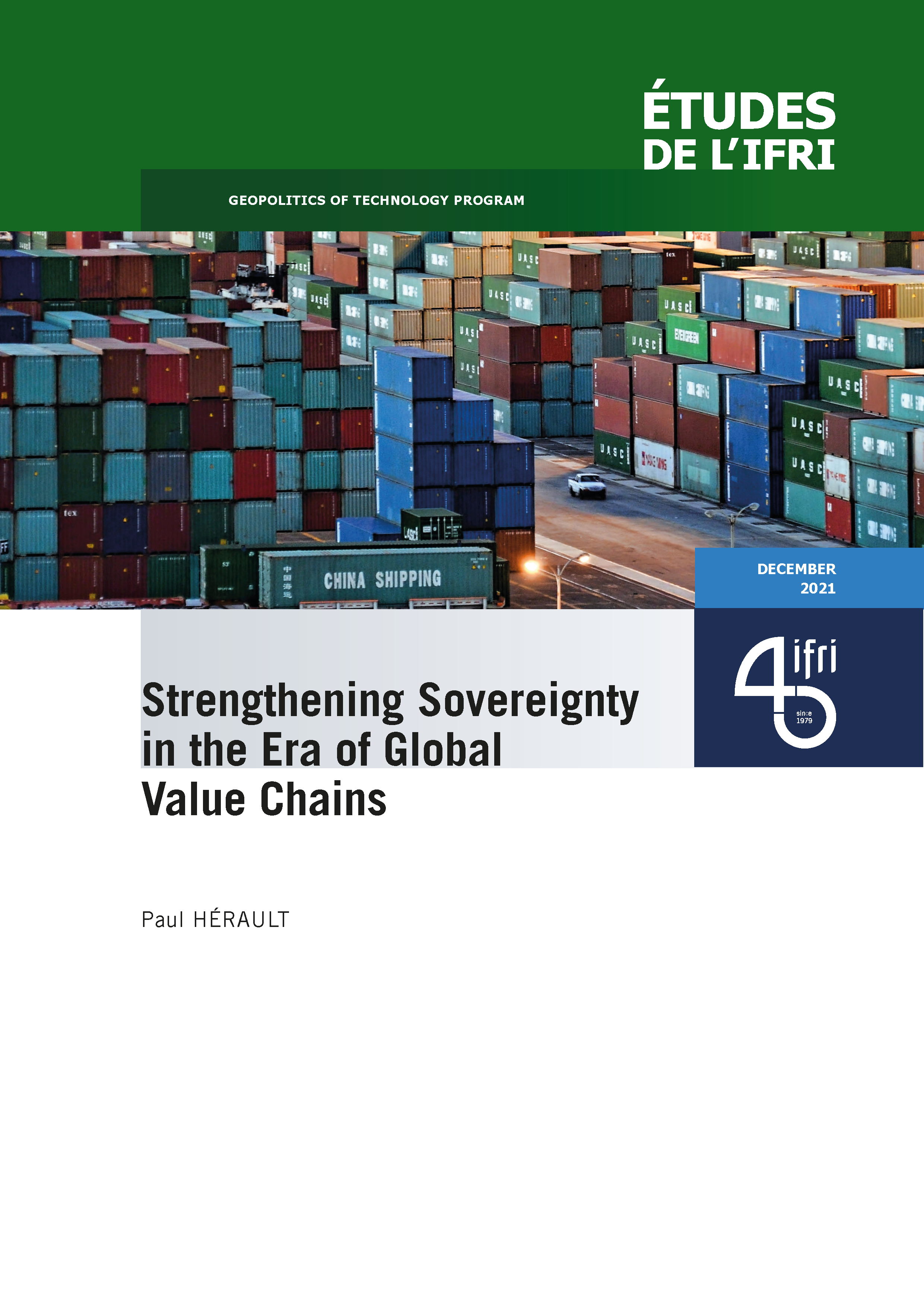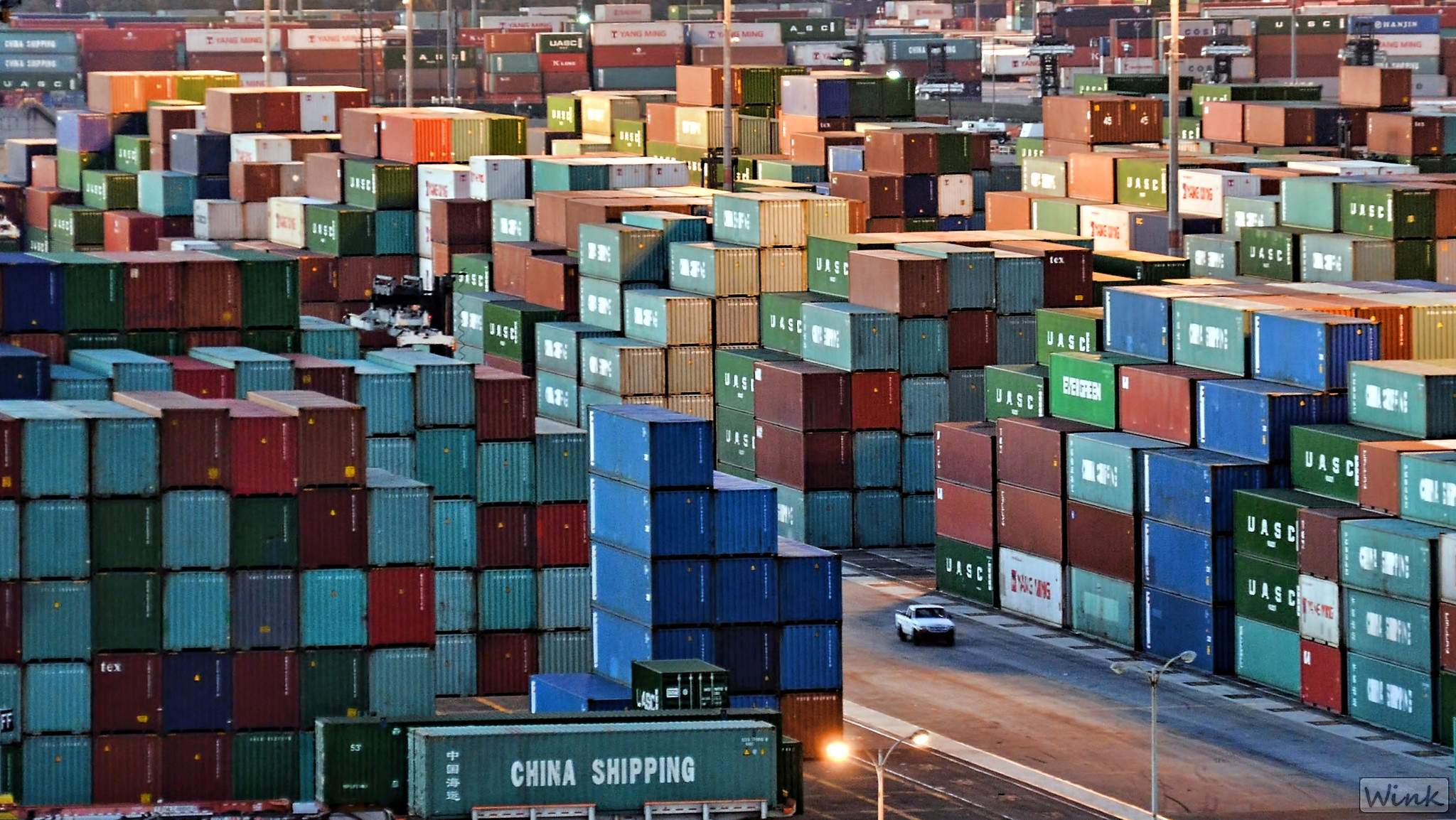Strengthening Sovereignty in the Era of Global Value Chains

How to reduce the vulnerabilities induced by these global value chains to be more independent, while taking into account the reality of these productive processes which precisely generate interdependencies?

The Covid-19 pandemic and several examples of shortages have revealed the fragility of certain supplies based on global value chains. These disruptions, together with certain foreign pressures, have thus awakened ambitions for independence and sovereignty in many countries.
At the same time, these same governments, as well as international bodies and many economists, continue promoting deeper international trade and the integration of value chains. Several trends indeed suggest that it is futile to bet on a possible "de-globalization" to strengthen national or European sovereignty.
Maintaining or strengthening sovereignty therefore requires finding a balance between the gains made possible by optimizing global value chains and the risks of dependence they generate. This study suggests ways to better control these risks and regain sovereignty: identifying and precisely mapping the value chains that underpin strategic capacities and functions; assessing the criticality of these value chains through the assets and supplies they mobilize, and defining plans for securing the most critical value chains; and articulating the role of the different actors: public and private, national and European.
This content is available in two languages :

Available in:
Regions and themes
ISBN / ISSN
Share
Download the full analysis
This page contains only a summary of our work. If you would like to have access to all the information from our research on the subject, you can download the full version in PDF format.
Strengthening Sovereignty in the Era of Global Value Chains
Related centers and programs
Discover our other research centers and programsFind out more
Discover all our analysesArtificial Promises or Real Regulation? Inventing Global AI Governance
The risks inherent to the unregulated use of AI, a key technology and vector of profound transformations within societies underline the pressing need to harmonize governance efforts at the international level. The Summit for Action on Artificial Intelligence to be held in Paris in mid-February could be an unprecedented timely occasion to agree on a global governance framework of AI for the public good.
AI, Data Centers and Energy Demand: Reassessing and Exploring the Trends
The information and communication technologies sector today accounts for 9% of global electricity consumption, data centers for 1-1.3%, and artificial intelligence (AI) for less than 0.2%. The growing energy demands of cloud services first, and now AI workloads (10% of today’s data centers electricity demand), have exacerbated this trend. In the future, hyperscale data centers will gain shares amongst all kinds of data centers and AI will probably account for around 20% of data centers electricity demand by 2030.
From nonproliferation to strategic competition: US export controls and China
Technological competition is at the heart of the renewed great-power competition that has characterized relations between the USA and China since the 2010s. The role of technological innovation in the evolution of power relations is already recognized in the literature of international relations. However, developments in US technology policy under the last two administrations raise the reverse question: how does the perception of changing power relations (in this case, Chinese technological catch-up perceived as a threat to US leadership) transform policies granting or denying access to technological innovation?
China’s Mature Node Overcapacity: Unfounded Fears
China is decoupling from, not flooding, the global mature-node semiconductor market. As China increasingly pursues industrial policies encouraging domestic chip production, its own growing chip demand will prevent a direct flood of cheap Chinese chips on foreign shores. However, as Beijing achieves its goal of decreasing the reliance of domestic downstream manufacturers on foreign chips, European and American mature-node semiconductor companies will feel the ripple effects of an increasingly “involuted” Chinese chip ecosystem.








